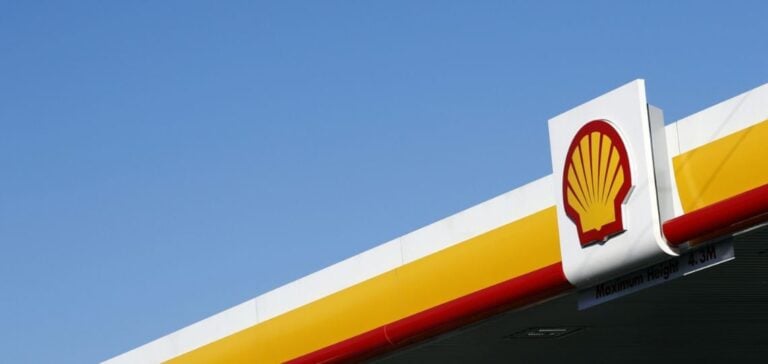Shell is planning major staff cuts in its exploration and well development division, potentially affecting hundreds of employees worldwide.
The planned cuts are concentrated mainly in the Houston, The Hague and UK offices.
This initiative is part of a wider strategy led by CEO Wael Sawan to optimize costs and refocus the company’s resources on its most profitable activities.
Shell hopes to achieve a structural cost reduction of $2-3 billion by 2025. Oil exploration is crucial to the renewal of Shell’s reserves and the discovery of new resources, but the review of its strategic priorities is leading the company to consider streamlining this activity.
These adjustments follow similar measures already taken in the renewable energies and low-carbon sectors, where Shell has reduced its commitments.
Reorganization and strategic refocusing
The planned reorganization goes hand in hand with Shell’s desire to maintain oil production at stable levels while increasing its presence in the liquefied natural gas (LNG) market, considered strategic for future growth.
This orientation has led to a reassessment of environmental objectives, with a weakening of emissions reduction targets for 2030 and the deletion of those for 2035, reflecting an adjustment to the realities of the energy market.
At the same time, Shell is pursuing the sale of certain less strategic assets, including refineries and electricity distribution units.
These decisions are aimed at freeing up capital for more profitable activities and meeting investors’ expectations in terms of financial performance.
Market impact and industry outlook
Investors have reacted positively to this strategic reorientation, with the Shell share price rising by over 8% this year.
This outstripped the performance of several European and American competitors, testifying to renewed confidence in the company’s financial management.
Shell’s focus on its most profitable segments could prompt other industry players to review their strategies and priorities, especially in the face of uncertain energy demand and pressures on profitability.
Shell’s focus on operational efficiency and short-term financial performance reflects a pragmatic adaptation to current economic realities.
This approach could influence the way the energy sector as a whole approaches the management of its resources and its commitments to the energy transition.






















